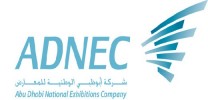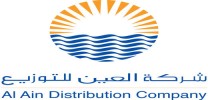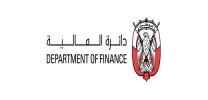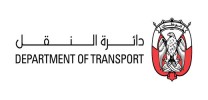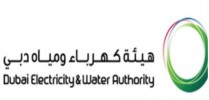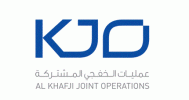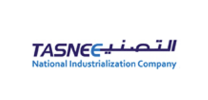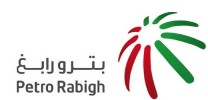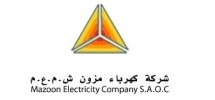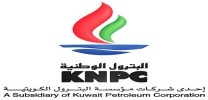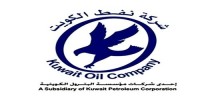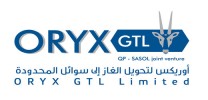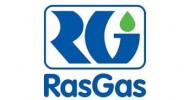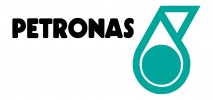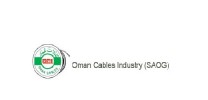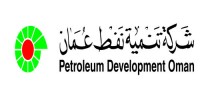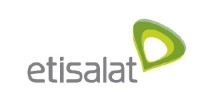
Crisis Managements & Contingency Planning for Engineers & Team Leaders
Course Introduction:
The course covers many of the principles and techniques essential to crisis management and contingency planning. In addition to the planning and preparation, a focus will be placed on interagency coordination.
The key to successfully navigating through impending disaster lies in the art of the crisis management. This intensive course program will provide participants with practical examples and tools to use in the handling of typical crisis which afflict companies. They will study the actions of other companies when faced with a particular disaster, learning from their mistakes and from their successes.
Course Objectives:
Upon successful completion of this course, the delegates will be able to:
- Understand the factors which contribute to the effective and efficient handling of crisis
- Deal with problems and will understand how to assess the cost-of-risk and present and future risk issues
- Understand the more complex types of risk and will know how to apply a predominantly holistic and systematic approach to analyzing and managing situations where these might be identified
- Understand the concepts, principles and processes involved in Contingency Planning and will have the desired knowledge to participate in preparing the contingency plans
- Identify Probable Man-made Threats
- Identify Probable natural Threats
- Organize a Crisis Management Team (CMT)
- Design a Crisis Management Center (CMC)
- Determine Stockpile Needs
- Outline a Crisis Management Plan (CMP)
- Learn How to Script and Operate Drills
- Achieve Confidence in Recovery (Business Continuity)
Who Should Attend?
This course is primarily aimed at those who have responsibility for the risk management activity with their company and safety practitioners and risk managers who are interested in furthering their knowledge and expertise in risk management and risk managers who are in charge of high risk undertakings. It will also benefit executives and managers who require an insight into risk management. This course is also ideal for middle to senior managers or new employees who may, in the course of their normal duties, be called upon to take up a position in their company’s contingency planning or crisis management organization. Alternatively, the course would suit anyone within the company who wishes to understand the principles of crisis management and contingency planning as it applies to the oil and gas industry. The course will give a greater understanding of the crisis management process.
Course Outline:
Day 1:
- Introduction to the course
- Objectives of the Course
- Crisis Definition and Criteria
- Types of Crises
- How Crisis affects organizations
- The Need for Crisis Management Planning
- Basic Aspects and Crisis Evaluation and Assessment
o Threats Rating (Scope and Cost)
o Disasters - Natural and Man-made
o Disaster Classification and Rating - Levels (1 or 2 or 3)
o Crisis versus Emergency Management
o Risk Identification
o Risk Assessment
Day 2:
- Structure and Elements of Crisis Management (Contingency Planning)
o Structure of Crisis Plans
o The key elements of contingency planning
o Crises Management Team (CMT) - Responsibilities & Structure
o Legal Relations with Various Agencies
o Crisis Management Center (CMC) – Conditions and Selection
- Case Studies and Exercises.
- Ability to implement & track contingencies
- Support Infrastructure for Contingency Planning
o Use of a formal process
o Use of planning forms
o Key element review
Ø Current mitigating action
Ø Failure scenario & problem identification
Ø Failure impact analysis
Ø Problem resolution options & resource analysis
- Use of reusable planning templates for multiple site situations
- Use of contingency planning database or tracking facility
- Communication infrastructure plan
Day 3:
- Infrastructure Contingency Plans
o Power/energy
o Telecommunications
o Transportation
o Water/sewage
o Local, and Public Emergency services
o Internal and External support services
- Team Simulation Exercise & Video Material
- Organizational Aspects
o Overview
o Command and Control
o Responsibilities
o Communication and Mobility
o Facilities - CMT Control Room
o Mobilization
o Action Checklists
- Communications, Relations and Reporting
o Communication Methods & Systems
o Calling Key Personnel
o Crisis Reporting
o Public Relations
o Dealing With Media
Day 4:
- Responsibilities and Action During Emergencies
o Activation
o Mobilization
o Roles and Responsibilities
o Action Checklists
o Exercise - Emergency Controller
- Case Studies
- Team Exercise
- Testing the crisis management plan /Training and Exercises
- Crisis/ Emergency Management Drills
o Development of Training, Exercise and Drills
o Training Programmed
o Team Drills:
Ø "Sandbox" Drill & Evaluation
Ø Exterior Drill & Evaluation
Ø Combined "Sandbox" and Exterior Drill & Evaluation
Ø Scripting Various Drills
o Full Scale Exercises
Day 5:
- Auditing and Revision
o Audit Benefits
o Audit Procedures
o Audit Checklists
o Executing Audits
o Follow up and Continual Improvement
o Exercise
- Business Continuity (Recovery)
- Case Study.
- Review of the course Material.
- Team Exercise: How to build a Contingency Plan and Manage the Crisis.
- General Group Discussion
- Question/Answer Session.
- Course Wrap-up
o Course Summary
o Course Evaluation
o Distribution of Material
Course Methodology:
A variety of methodologies will be used during the course that includes:
· (30%) Based on Case Studies
· (30%) Techniques
· (30%) Role Play
· (10%) Concepts
· Pre-test and Post-test
· Variety of Learning Methods
· Lectures
· Case Studies and Self Questionaires
· Group Work
· Discussion
· Presentation
Course Fees:
To be advised as per the course location. This rate includes participant’s manual, Hand-Outs, buffet lunch, coffee/tea on arrival, morning & afternoon of each day.
Course Timings:
Daily Course Timings:
08:00 - 08:20 Morning Coffee / Tea
08:20 - 10:00 First Session
10:00 - 10:20 Coffee / Tea / Snacks
10:20 - 12:20 Second Session
12:20 - 13:30 Lunch Break & Prayer Break
13:30 - 15:00 Last Session





.jpg)

















